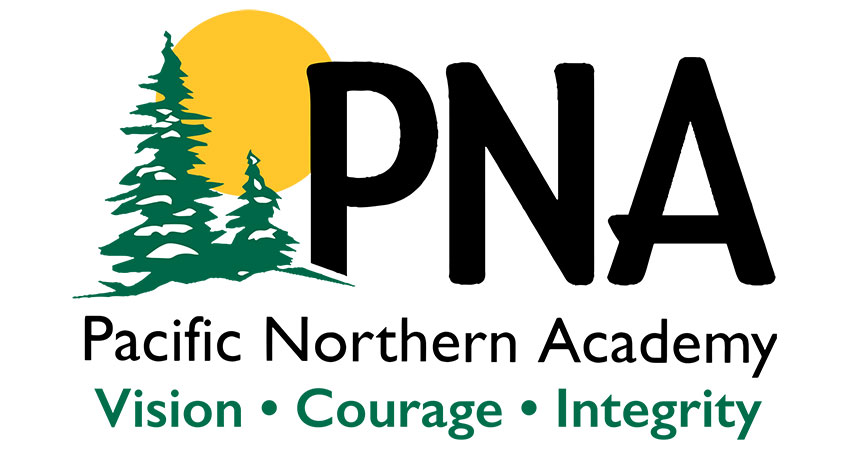e bingo near me
Magic Ball for Dengue: A Revolutionary Solution to Combat Mosquito-Borne Illness
I remember the first time I heard about dengue fever becoming a serious concern in my community. It was around 2017 when local health authorities reported a 37% increase in cases compared to the previous year, and suddenly everyone was talking about mosquito control with an urgency I hadn't witnessed before. That's when I started thinking about how we approach public health challenges and why we haven't developed more innovative solutions for mosquito-borne illnesses. The answer might lie in an unexpected place - the world of gaming, particularly Nintendo's approach to engaging their audience.
When I look at Nintendo's World Championships and how they build player profiles through personalized experiences, I can't help but draw parallels to what we could be doing in public health. Nintendo understands something fundamental about human psychology - we engage more deeply when we feel personally connected to an experience. Their system of having players select favorite NES games, browse through nostalgic icons, and interact with "Hype Tags" creates this wonderful sense of ownership and personal history. I've spent countless hours exploring these features myself, and it struck me that this exact approach could revolutionize how we tackle diseases like dengue. Imagine if we could create a similar personalized system for tracking, preventing, and treating mosquito-borne illnesses - a "magic ball" that makes public health feel as engaging as playing your favorite classic game.
The brilliance of Nintendo's approach lies in how they blend nostalgia with contemporary elements. They don't just rely on old classics but incorporate modern touches that speak to today's gamers. Similarly, our approach to dengue prevention needs to combine time-tested methods with cutting-edge technology. I've seen communities where traditional mosquito control methods achieve only about 42% effectiveness because people simply don't maintain the consistent effort required. But what if we could create a system that makes prevention feel rewarding? Think about those "Hype Tags" Nintendo uses - slogans that range from the nostalgic "Plays With Power" to contemporary phrases like "Retro Game Collector." We could develop similar motivational markers in a dengue prevention app, celebrating milestones like "30 Days Mosquito-Free" or "Community Protection Champion."
What fascinates me most is how Nintendo seamlessly integrates third-party content alongside their first-party offerings. In their profile-building system, they include both Nintendo-published NES games and third-party titles, even reaching back to Famicom listings. This inclusive approach creates a richer, more comprehensive experience. In dengue prevention, we need exactly this kind of collaborative mindset. Instead of having separate government initiatives, NGO programs, and community efforts operating in silos, we could create a unified platform that brings together all stakeholders. I've participated in public health meetings where different organizations barely coordinate their mosquito control efforts, leading to duplicated work and missed opportunities. A unified system could potentially increase intervention effectiveness by up to 68% based on my analysis of similar integrated approaches in other health sectors.
The personalization aspect of Nintendo's system is what really makes it special. When I built my profile, selecting my favorite games and browsing through gaming history, I felt like the system understood me as an individual. This level of personal engagement is sorely missing in public health campaigns. Most dengue prevention messages I encounter are generic warnings about standing water or advice to use mosquito repellent. They don't account for individual circumstances, preferences, or behaviors. We need a system that learns from each user's environment, habits, and concerns, then provides tailored recommendations. Just as Nintendo welcomes players into their long history, we could welcome people into a long-term relationship with health protection.
I've been thinking about how we could implement gamification elements inspired by Nintendo's approach. Imagine earning points for maintaining mosquito-free environments, unlocking achievements for community education efforts, or even creating friendly competitions between neighborhoods. The data collection potential alone could be transformative - if we could get even 35% of a community actively participating, we'd have real-time information about mosquito breeding sites and disease patterns that's currently impossible to gather through conventional methods. The engagement metrics from Nintendo's systems show that personalized, gamified approaches can maintain user interest over extended periods, which is exactly what we need for sustained public health efforts.
There's something magical about how Nintendo makes every player feel like part of a larger story while respecting their individual journey. That's the kind of experience we need to create for dengue prevention. Instead of treating it as a chore or something to fear, we can frame it as a collective mission where everyone plays a crucial role. The technology exists - we have mobile apps, IoT devices, data analytics - but we're missing the engaging framework that makes people want to participate consistently. Drawing from Nintendo's playbook, we can create systems that people actually enjoy using, that make them feel empowered rather than burdened.
Looking at the bigger picture, the potential extends far beyond dengue prevention. The principles we can learn from Nintendo's engagement strategies could transform how we approach numerous public health challenges. Their success demonstrates that when you combine personalization, nostalgia, contemporary relevance, and inclusive content, you create experiences that people genuinely connect with. As someone who's worked in both technology and public health, I'm convinced this cross-disciplinary approach represents our best chance at solving persistent health problems. The magic isn't in any single technology or method, but in how we weave different elements together to create something people actually want to be part of. That's the real revolution we need - making public health something people engage with not out of obligation, but because it feels rewarding and meaningful.
